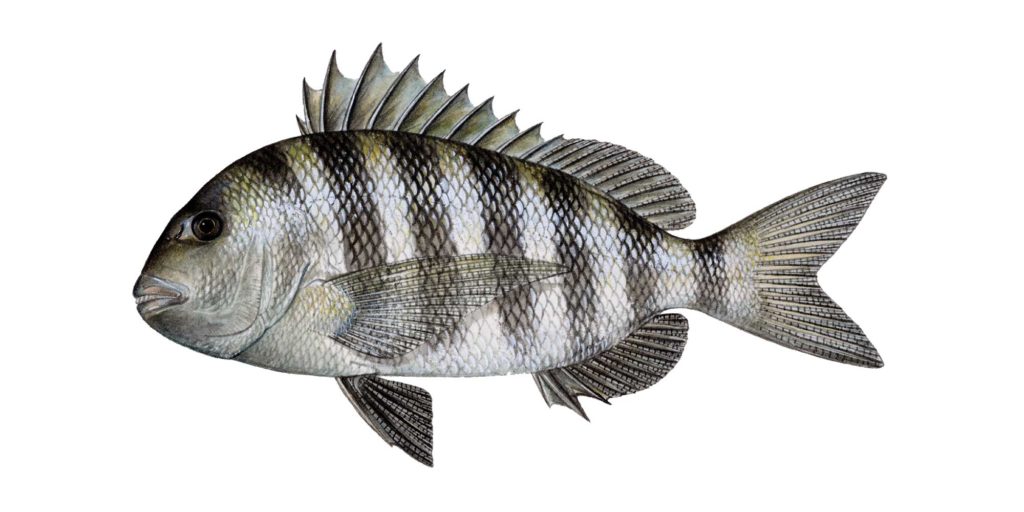
Perhaps it is just human nature to want to cut corners or simply get away with something. Some folks would never do anything legally or morally wrong. Others may understand the difference between right and wrong, but feel they are only one person and what they do is inconsequential. If they were only one person, their acts might be inconsequential, but there are millions and millions of recreational anglers, and most faithfully follow the rules. Thank goodness. If they did not, it would be very consequential.
While I have been thinking about this for a while, several things happened last summer that made me think about it even more. First, Capt. John McMurray wrote a piece for fissues.org, a blog covering a wide range of fisheries topics, which is supported by the Marine Fish Conservation Network. McMurray’s piece was titled: “It’s Not Okay …”
The blog covered the subject of recreational anglers and charter/party-boat captains selling the tuna they or their customers catch. They do this without any permits, or in violation of the permit rules. He outlines a list of problems, and I cannot disagree with anything he says. For me, the biggest issues are that it is not legal and these actions subvert the fishery management regulations put in place to make sure there are resources for the future. A lot of folks try to justify their actions as only trying to help pay for a little gas. I don’t care if they are buying gas for their boat or groceries for Aunt Matilda. It is short-sighted and stupid, and it is illegal. Those getting caught should have to pay a price that makes others think twice about doing anything illegal. This is directed at the recreational fishing industry but also applies to the commercial fishing industry.
One of the most egregious series of fishing-regulation violations ever prosecuted happened in New Bedford, Massachusetts, this past year. Carlos Rafael was found guilty on a number of counts, such as mislabeling fish to stay within his quota while selling a higher-valued species that was in short supply. He laundered untold amounts of money and shipped much of it out of the country, avoiding taxation and committing multiple violations of federal law.
In my opinion, he sent out a lot more than anyone but Rafael knows. He also only admitted to four years of his mislabeling scheme. Yeah, right, and the check is in the mail. He regularly spewed vitriol and expletives at fishery managers while smugly saying, “Catch me, if you can.” Well, they did. As I see it, this illegal action impacts all users of groundfish resources.
As this is written, the final sentence was handed down, and the process gave Rafael another six months to continue running his business. His sentence is a travesty, a complete slap in the face to all honest fishermen. Crazy as it sounds, it was at the upper end of what is legal. Why am I pointing this out? Because he is still being allowed to keep some of his boats and permits. Does that make any sense? No! He shouldn’t be able to have any permits that have anything to do with the fishing business. Period. The punishment should fit the crime that he admitted to, and he admitted to flanking every possible fishing regulation.
Read Next: Atlantic Menhaden Need Improved Management
I think the same principle should be used in cases against all commercial and “recreational” fishermen.
I am not proposing that every violation be given the maximum penalty. Those that are violations of omission should be treated less harshly than crimes of commission. Someone who knowingly sells fish in violation of permits they hold, both state and federal, should have those permits revoked forever. End of story. That should also be true for those who sell without any permits. As far as I am concerned, that should be true for individuals right up to fishing-empire moguls like Rafael.
Too often the courts are lenient on offenders because they don’t want to impact their ability to make a living. When natural resources are involved, it seems to be OK if the violators impact a lot of other users who might also lose their ability to make a living or recreate. Go figure. Do the courts think the same about those who rob 7-Elevens for a living?
Fishing, commercially or recreationally, is not a right. It is a privilege. We know that most participants in both recreational and commercial fisheries do their very best to follow the regulations. So, when any fishermen violate the law on purpose, their privilege to access the resources should be taken away permanently. That is the only way to protect the legal users of the resources and discourage those who are tempted to cut corners.









